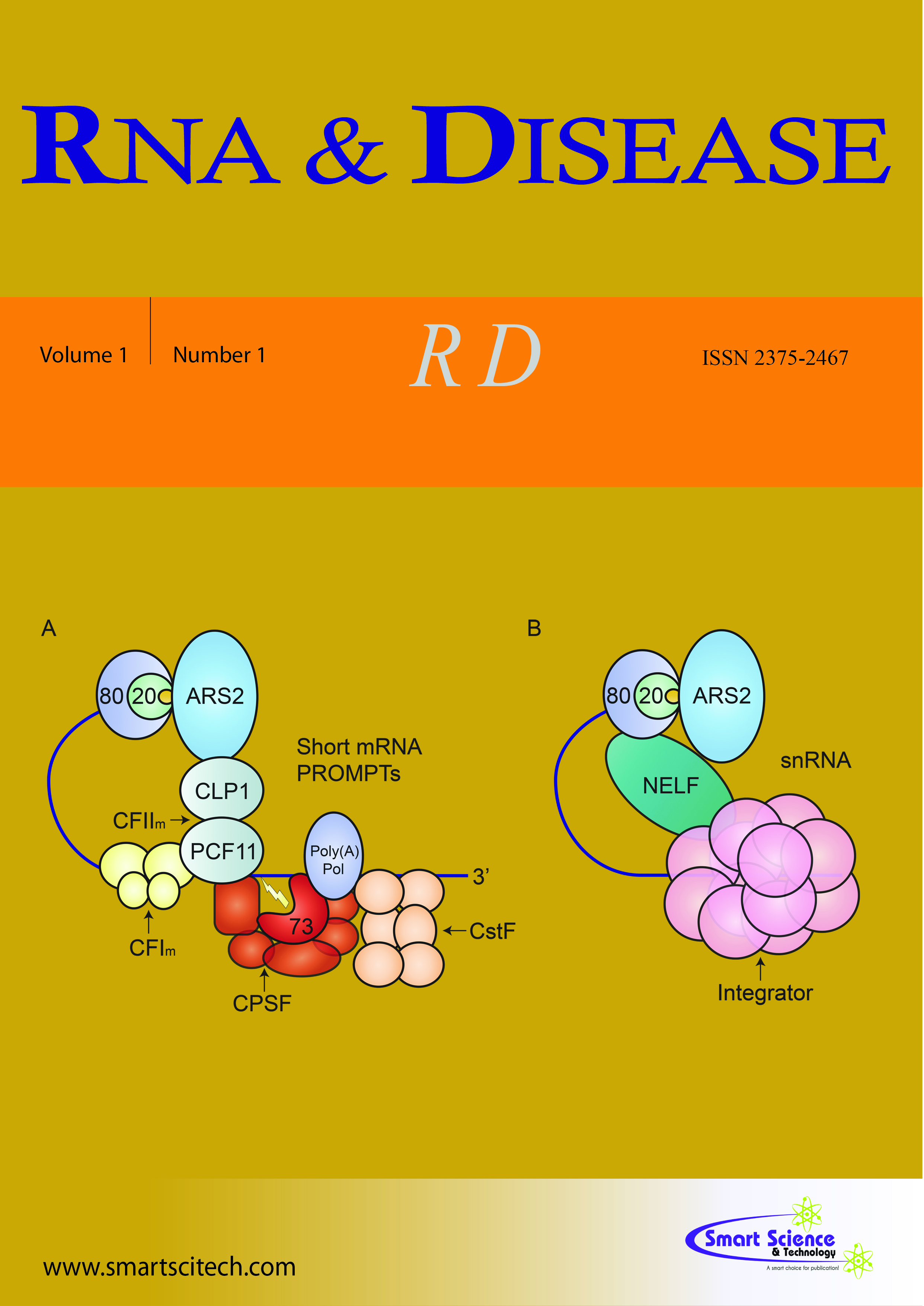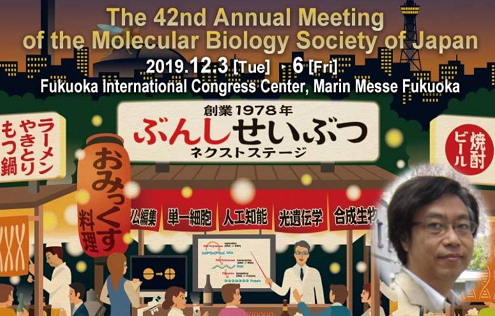Proceedings of the discoveries on post-transcriptional Bcl-2 deregulation in human leukemias/lymphomas
DOI: 10.14800/rd.694
Abstract
The Bcl-2 (B-cell lymphoma 2) antiapoptotic gene has been discovered since over-expressed in B-cell leukemias/lymphomas carrying the 14;18 chromosomal translocation [t(14;18)], which places the Bcl-2 gene next to the immunoglobulin heavy chain (IgH) locus. In this condition, the Bcl-2 moiety of the Bcl-2/IgH fusion gene is over-transcribed in virtue of the four enhancers located in 3’ of the IgH moiety leading to excessive amounts of the Bcl-2 protein, which confers a survival advantage associated with neoplastic transformation. Nevertheless, in most malignancies, comprising chronic lymphocytic leukemias, breast, prostate, colorectal and lung cancer, the over-expression of Bcl-2 does not imply chromosomal rearrangements, suggesting it could be caused by alterations at post-transcriptional level. We first disclosed the existence of a Bcl-2 post-transcriptional control, which is based on interplay among an Adenine and uracil-Rich cis-acting Element (ARE) located in the 3’UTR of Bcl-2 mRNA and several trans-acting ARE-Binding Proteins (AUBPs), and demonstrated its deregulation in human leukemias/lymphomas. In particular, we have identified some Bcl-2 AUBPs - such as AUF-1, TINO/hMex-3D, the Bcl-2 protein itself and ?-Crystallin - and described their qualitative or quantitative alterations in cancer cells. Moreover, in the attempt to correct Bcl-2 deregulation in the human diseases characterized by defects or excesses of apoptosis, we have modulated exogenously Bcl-2 expression by means of different antisense strategies. In this research highlight, we briefly report our proceedings, in which a long non coding Bcl-2/IgH antisense RNA (Bcl-2/IgH AS) we discovered in a serendipitous manner has played a key role.












